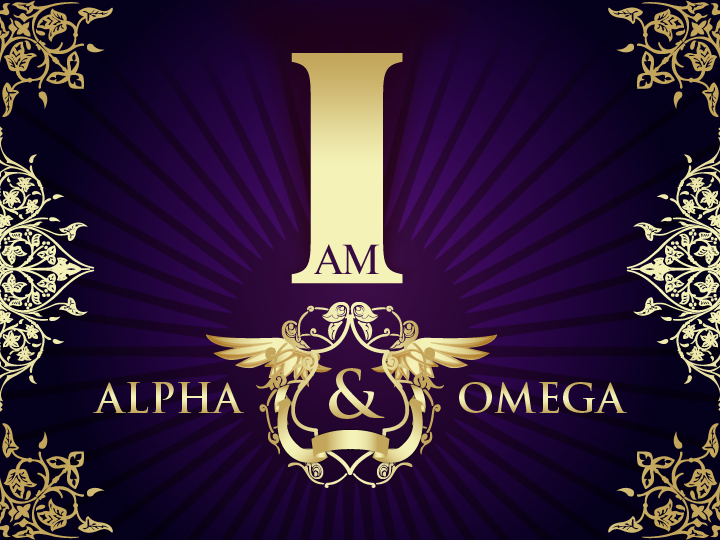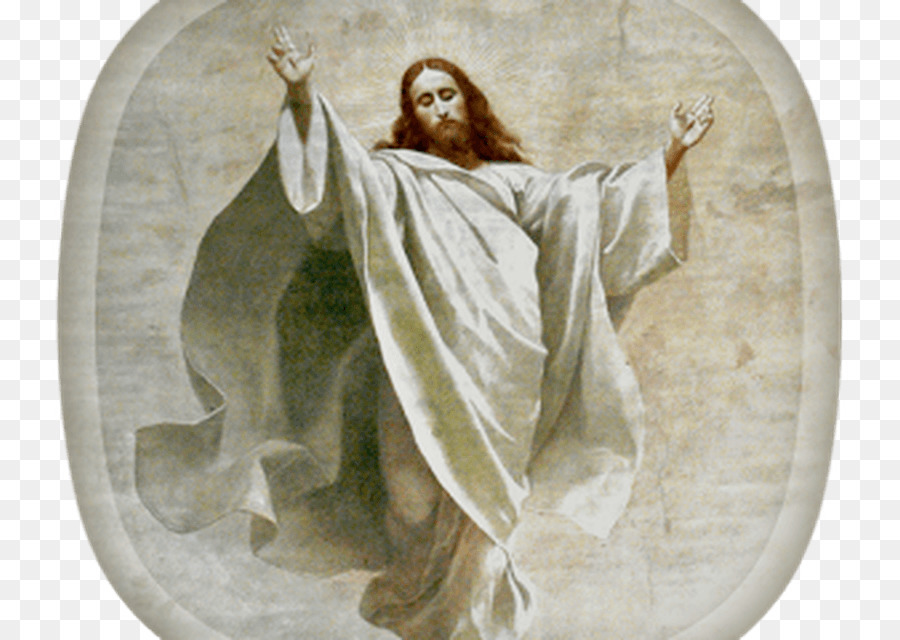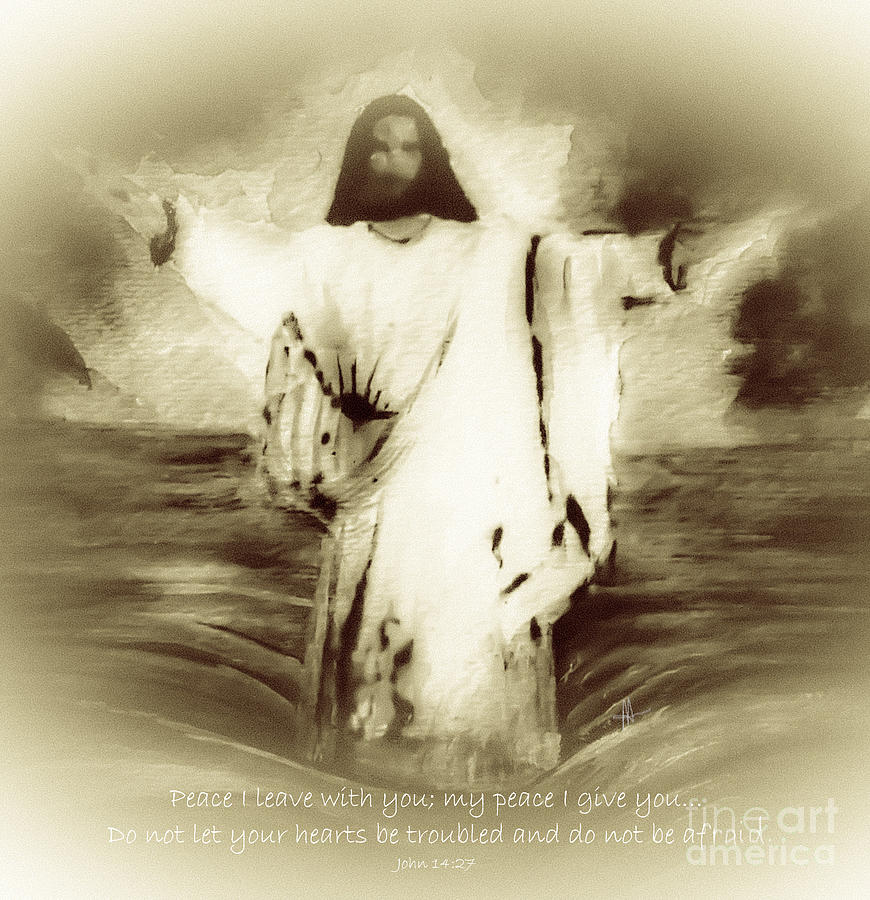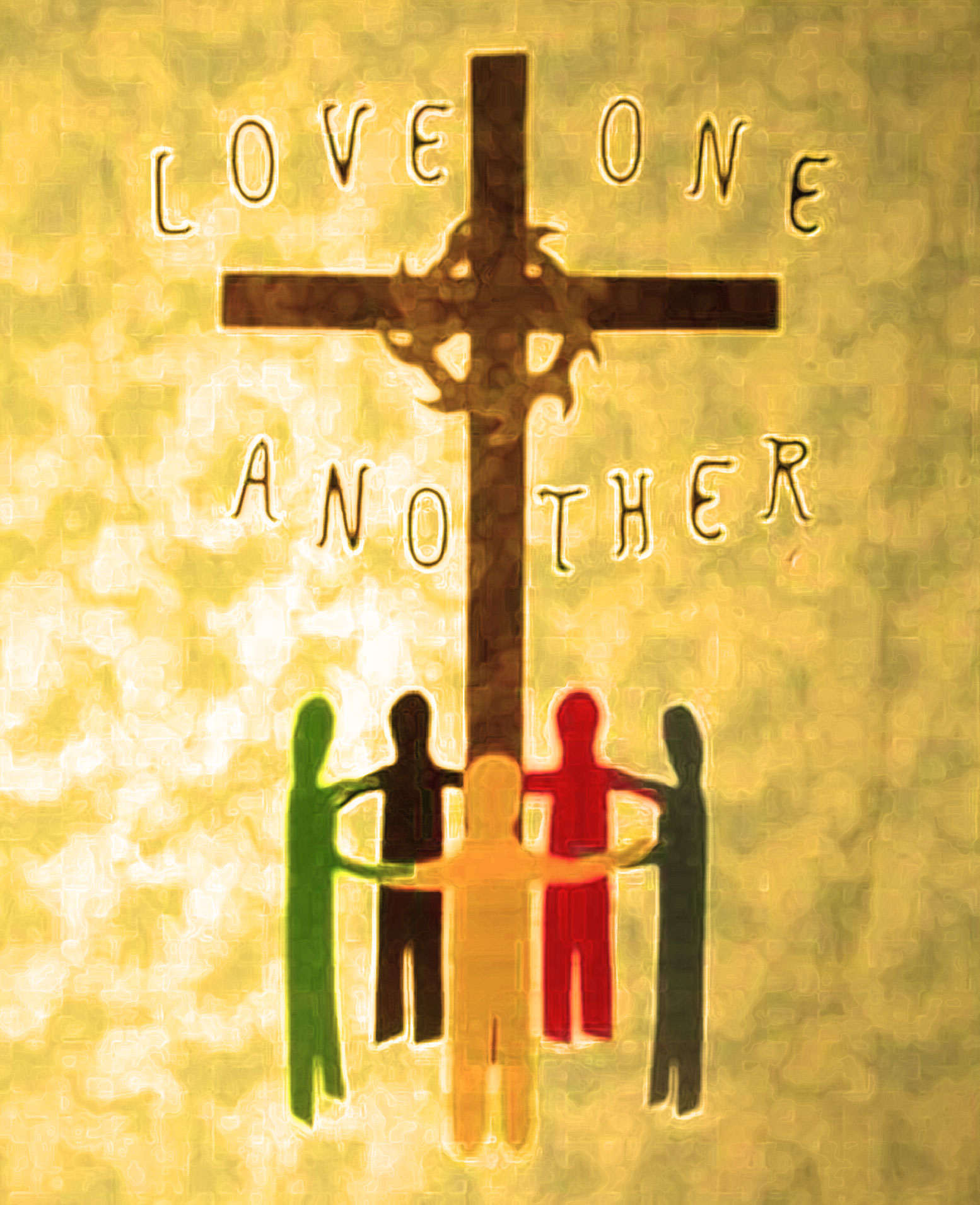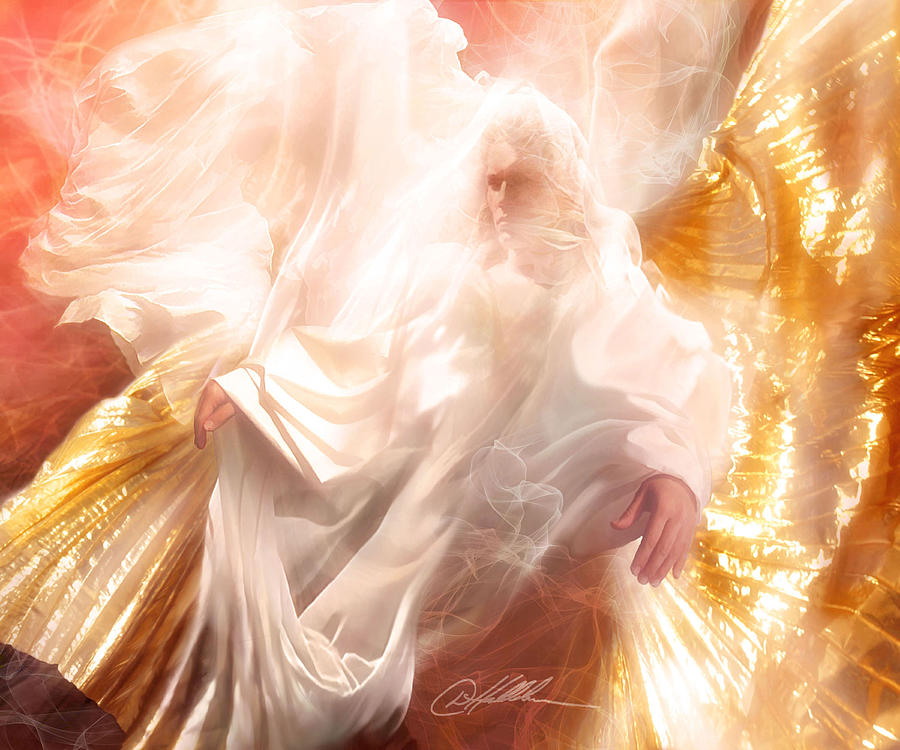 |
| The Holy Spirit Painting by Danny Hahlbohm |
Pentecost Sunday A B C
Readings: Acts 2:1-11 1 Corinthians 12:3-7,12-13 John 20:19-23
“Lord send out your spirit and renew the face of the earth” (Ps 104). In remembering the first Christian Pentecost, we fervently pray in the refrain of the responsorial psalm that God’s Holy Spirit renew the world and the church with the gifts of unity, peace, joy, and forgiveness.
The Acts reading describes the descent of the Holy Spirit on the disciples at the Jewish pilgrimage feast of Pentecost (Shavuoth) in fulfillment of prophetic expectations of the final age when all the nations will know the God of Israel. Isaiah 66 speaks of God’s coming in the following way: “For behold the Lord will come as a fire . . . with a flame of fire . . . I am coming to gather all the nations and tongues” (Is 66:15.18). As Peter will affirm in his Pentecost sermon, the prophet Joel announced: “God says: ‘It will come to pass in the last days,/ that I will pour out a portion of my spirit upon all flesh’” (Acts 2:17). Luke’s account of Pentecost has all these elements. The Spirit descends upon the gathered group of one hundred and twenty would-be witnesses to Jesus’s death, resurrection, and ascension with a noise “like a strong driving wind.” Tongues “as of fire” part and rest on each of them, and the Holy Spirit enables them to speak in different languages to Jewish pilgrims from most of the known world. In a symbolic reversal of the confusion of tongues at the tower of Babel incident (Genesis11), the disciples speak in understandable languages of “the mighty works of God.” As Peter will proclaim in his Pentecost sermon, Jesus’ death, resurrection, and ascension have begun the final age when all are called to repent and be baptized in the name of Jesus Christ for the forgiveness of sins (Acts 2:14-41).
In the reading from 1 Corinthians, Paul insists that the Holy Spirit’s various gifts are meant for the common good of the community and for the unity of what were previously divided groups. In Corinth some were using the possession of spectacular gifts like tongues as a basis for claiming superiority within the community. Paul reminds the Corinthians that one Spirit gives various gifts--wisdom, knowledge, faith, healing, working miracles, prophecy, tongues, and interpreting tongues--for the building up of the whole community, and not for the exaltation of the individual (12:4-11). He also uses the body of Christ metaphor to express the interdependence of all members--Jews or Greeks, slave or free--upon one another because they share a common baptism “into one body.”
The Gospel selection is John’s account of the gift of the Holy Spirit to the apostles on Easter night. John places all the key saving events--the Resurrection, the ascent to the Father and the bestowal of the Spirit--on Easter (John 20:1-23). When Jesus appears to the disciples on the evening of that first day of the week, he has already ascended to the Father as he had announced to Mary Magdalene (John 20:17). He can now give them the gifts he had promised in the farewell discourse: peace, joy, and the Spirit/Paraclete (John 14-17). Twice he greets the apostles with “Peace be with you” (cf. John 14:27). When they see his hands and his side as proof that he was crucified and has now returned to the Father, the disciples experience the joy that Jesus had promised them (cf. 16:20-24). Finally, Jesus sends them into the world as he was sent by the Father. He breathes on them and says: “Receive the Holy Spirit. If you forgive men’s sins, they are forgiven them; if you hold them bound, they are held bound.” As God “breathed” life into Adam in Genesis, Jesus is recreating the community of disciples with the life of God’s forgiving love.
